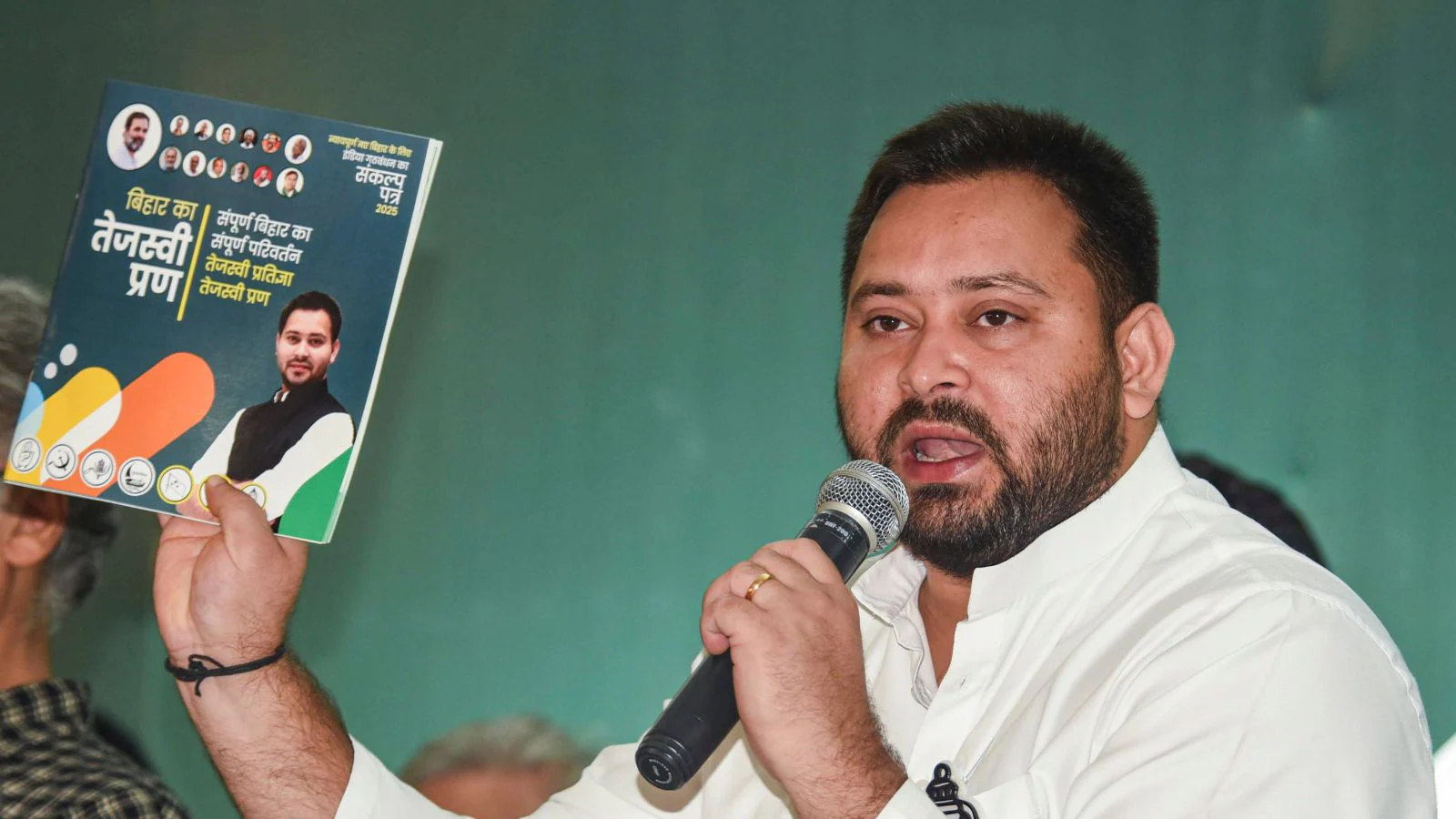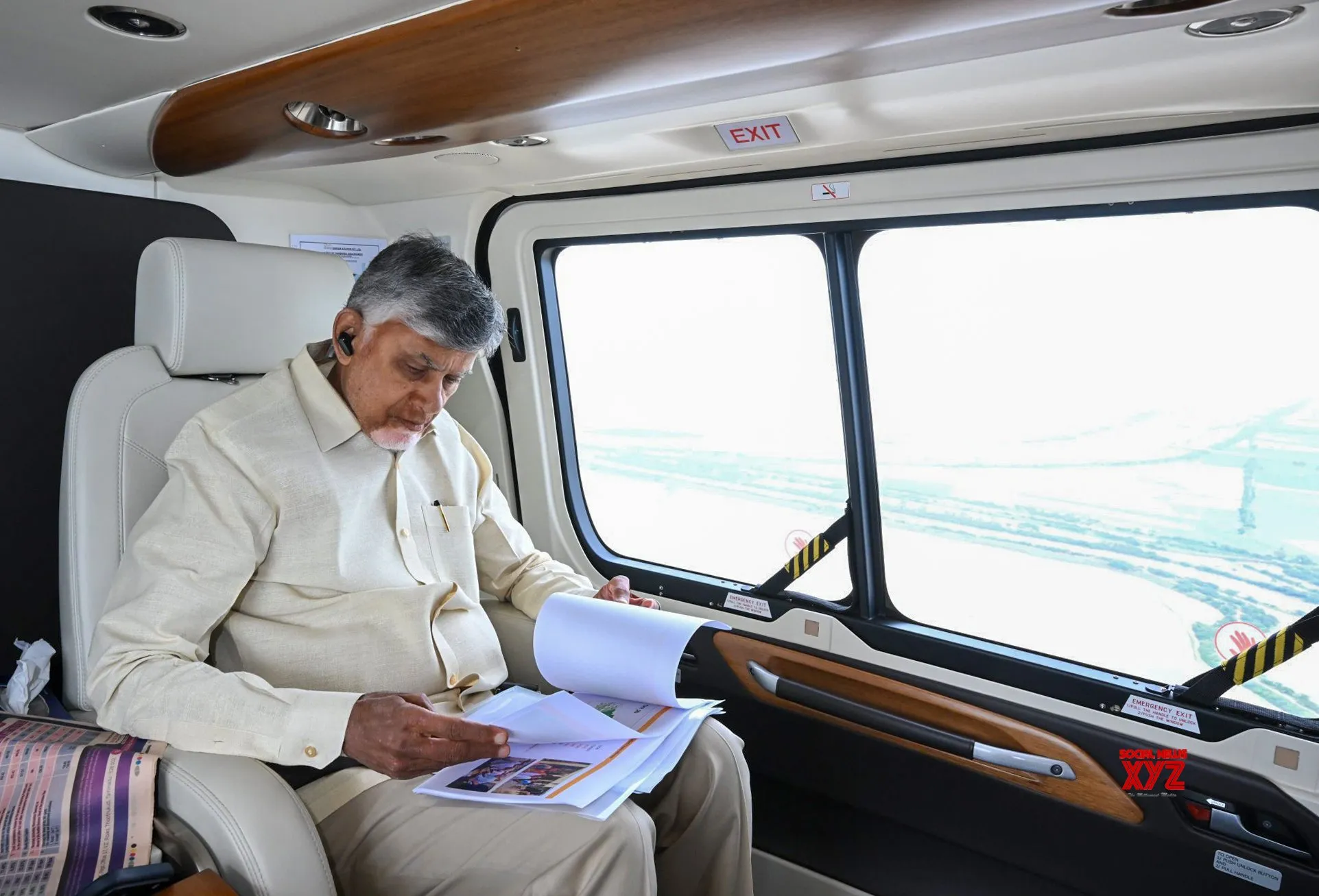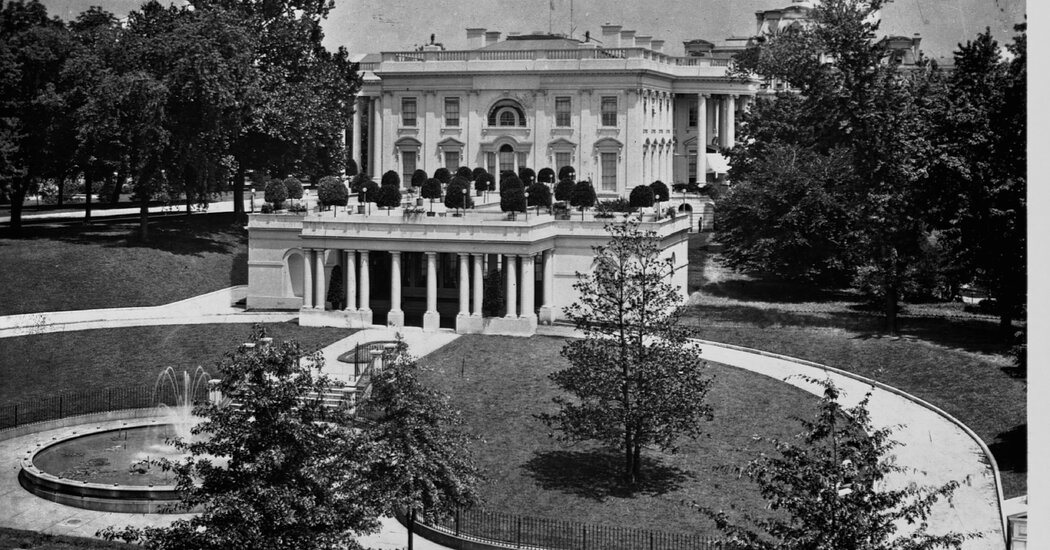Copyright news18

At what point in the evolution of our democracy did genuine welfarism become freebies? It is difficult to say exactly when, but over the years, political parties have come to adopt the strategy of promising the sun and the moon before the polls with the nonchalant approach that, after the elections, the deluge may follow. Freebies — or what Prime Minister Narendra Modi calls “revdis” — are a particularly potent weapon for ruling parties whose governments are facing strong anti-incumbency. To counter this anti-incumbency, all they have to do, since they are in power, is to utilise the route of Direct Benefit Transfer (DBT) to transfer substantial amounts of money directly to voters, irrespective of whether there is money in the treasury or any other means of financing their freebies. Something of this nature has just happened in Bihar, which goes to the polls for the Assembly elections on November 6. Exactly a month earlier, an hour before the Model Code of Conduct was promulgated forbidding such freebies, the NDA government—notwithstanding the PM’s criticism of revdis — directly transferred Rs 10,000 each to 21 lakh women under the Mukhya Mantri Udyami Yojana. To finance this largesse, the government reportedly took an additional loan of Rs 21,000 crore from the World Bank. This is when the steadily growing debt burden on the state has already crossed Rs 4 lakh crore, entailing a payment of Rs 63 crore as interest per day. To what extent are such actions ethical, or even permissible under the Representation of the People Act (RPA), which seeks to ensure a level playing field for all parties in the electoral fray? In November 2023, a case was filed in the Supreme Court (SC) to declare pre-poll freebies as corrupt practices under Section 123 of the RP Act. Justice B.V. Nagarathna opined that “distribution of private goods to influence voters must be treated as a corrupt practice”. The SC recommended that a constitutional body should be instituted to define and regulate freebies. However, no further action has been taken in the matter. The reasons for this are transparent. Why should the government act in a manner that nullifies the advantage it has in elections? Like so many other reforms, including those strongly recommended by the Election Commission (ECI), this proposal too has been put on the back burner. Given the adverse repercussions of this increasingly rampant practice of irresponsible freebies, responsibility lies too with the collective wisdom of Parliament. In fact, former Chief Election Commissioner S.Y. Quraishi has categorically said that “Parliament must amend the RPA to criminalise electoral bribery disguised as welfare”. If incumbent governments misuse their powers for electoral dividends, the Opposition is no role model of rectitude either. Without the power to actually distribute largesse—which only the government can do—they make the most bizarre promises to lure voters. One classic example of this is the promise of RJD leader Tejashwi Yadav to give one government job to every family in Bihar. As per the last caste census carried out by the Bihar government in 2023, there are as many as 2.97 crore families in the state. This means that Tejashwi is promising to create some three crore government jobs, when the size of the existing bureaucracy — from the lowest to the highest position — is only estimated to be around 26 lakh. What will over 2.5 crore government officials do, even if for a moment we believe that Yadav’s poll promise can be fulfilled? Where will the budget come from to pay this gargantuan bureaucratic monster, including providing pensions? The cost of such a scheme will be twice the size of the entire budget of Bihar! Manifestos of political parties have progressively become deplorable — even laughable —flights of fantasy. Their only purpose is to somehow throw allurements at voters, in the hope that their gullibility threshold is so high that they will unthinkingly believe the unfulfillable promises being made. In 2013, the Supreme Court, in Subramaniam Balaji vs Government of Tamil Nadu, stated that such promises “shake the roots of free and fair elections”. However, the court did not ban them or provide statutory guidelines, such as making mandatory the imperative to disclose the financial basis to implement them—a step which has also been endorsed by the ECI. It is high time now that the Supreme Court intervenes both in the matter of freebies given just before the elections and the kind of wild promises made by political parties to lure voters. Not doing so, in my view, is tantamount to vitiating the sanity of responsible elections and insulting the intellect and dignity of voters. The writer is a former diplomat, an author, and a politician. Views expressed in the above piece are personal and solely those of the author. They do not necessarily reflect News18’s views.



